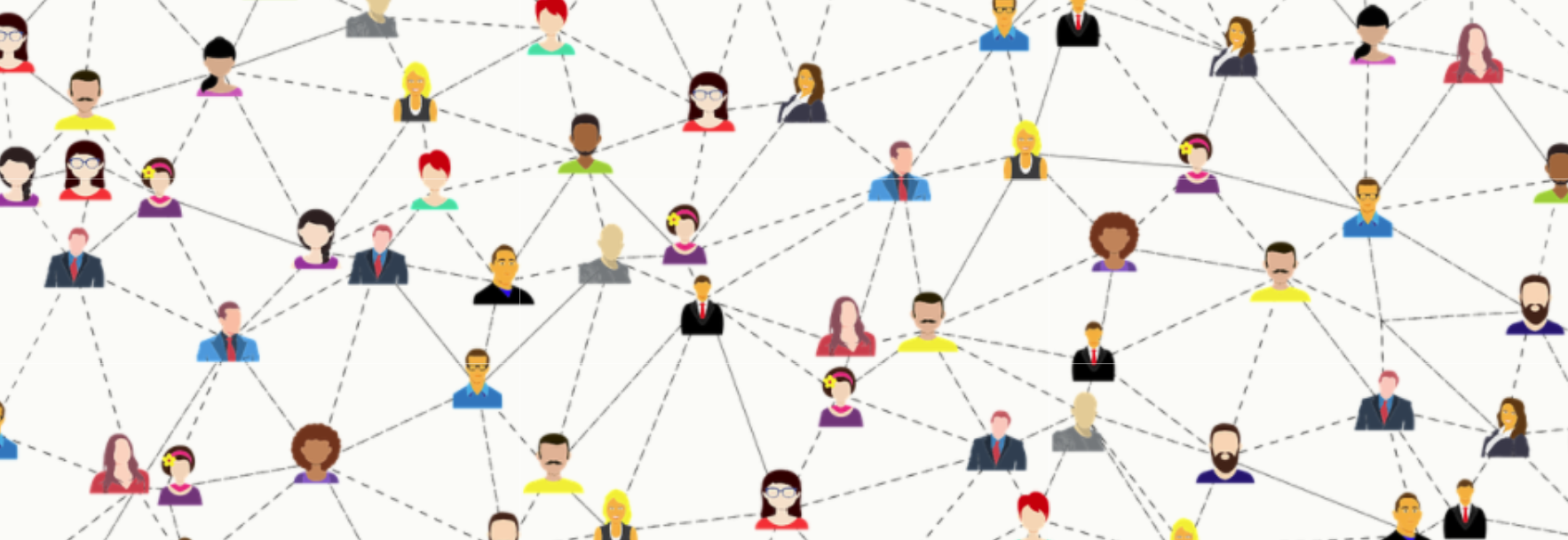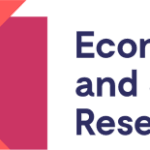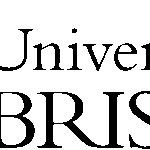Parallel Lives – 20 Years On
The riots that spread across England in the summer of 2024 were a stark reminder of the dangers of racist and anti-immigrant sentiment and how it can be stoked to drive violence and discord. The underlying causes of the disorder were complex and in After the Riots, Belong together with British Future and Together laid out a set of joint policy recommendations for government.
At the heart of these is an emphasis on increasing opportunities for meaningful and positive social interactions (known as intergroup contact) between different ethnic groups. We know from nearly 80 years of research the role that this kind of contact can play in reducing prejudice and promoting greater empathy and more tolerant relations between different ethnic groups. However, there is much about intergroup contact that we still need to understand. For example, what are the factors that facilitate this kind of contact taking place and how might we increase the likelihood of these interactions being positive?
Parallel Lives: 25 Years On: Exploring the Drivers of Interethnic Contact in the UK is a three-year research project beginning in Spring 2025 and funded by the ESRC. The Belong Network is working in partnership with Professor Rose Meleady (University of East Anglia), Professor Shelley McKeown (University of Oxford), and Professor George Leckie (University of Bristol) to conduct this important study. Belong Advisor Jo Broadwood is a Co-Investigator on the study and together with Dr Jeni Vine, Belong’s Research Manager, is leading on this project for Belong.
Almost 25 years ago now Professor Ted Cantle, published The Cantle Report which identified the problem of ‘parallel lives’, where people lived alongside each other but rarely if ever truly connected. This programme of research will draw on existing data sets, as well as collecting new data, to capture some of the real-world complexities of intergroup contact experiences.
As well as working with existing large data sets we will collect a new national data set and work alongside five diverse local areas where there have been cohesion challenges to examine the role of place and individual characteristics and the interplay between them in helping or hindering positive intergroup contact. We will also examine what happens when negative contact occurs and how it impacts both ethnic majorities and minorities.
The research will improve our understanding of intergroup contact engagement and will contribute to interventions and policy measures aimed at building social cohesion. By exploring the drivers of intergroup contact amongst different groups, and in different localities, this research will allow targeted interventions to be tailored to the needs of different populations and locations, addressing groups’ specific needs and motivations, and increasing the likelihood of successful contact.
For more information on this project please contact Dr Jeni Vine – jeni@belongnetwork.co.uk






